
Blog Details
.webp)
When to Consult a Urologist: Understanding Urine Specialists
Urinary problems create embarrassment that prevents many people from seeking proper medical attention. The discomfort becomes a silent burden affecting daily routines and overall well-being. Simple symptoms like frequent urination or burning sensations get dismissed as temporary issues that will resolve naturally. This avoidance often leads to complications that could have been prevented with timely intervention. Understanding when these symptoms require professional evaluation becomes essential for maintaining good health. Recognising the difference between minor discomfort and serious underlying conditions helps people make informed decisions about their healthcare needs. A qualified urine specialist provides comprehensive evaluation and treatment options for various urological conditions affecting both men and women.
Finding the right urine specialist doctor in Ranchi becomes crucial when simple remedies stop working. Your body sends warning signals for a reason. These specialists understand urinary system complexities that general doctors might overlook.
Men and women both, often silently endure urinary discomfort due to embarrassment, delaying medical attention until complications arise. Symptoms like frequent urination, burning, or blood in the urine may signal serious issues. When basic treatments fail, consulting a qualified urine specialist becomes essential. These experts offer precise diagnoses and advanced treatments, often beyond what general physicians provide. Early intervention prevents kidney damage, recurrent infections, and lifestyle disruption. Whether it's age-related changes, prostate concerns, or bladder control issues, timely specialist care ensures better health outcomes for both men and women.
Warning Signs That Require Medical Attention
Blood appearing in urine creates immediate concern among patients. This symptom indicates potential problems ranging from infections to more serious conditions requiring urgent evaluation. The colour might vary from bright red to dark brown, depending on the underlying cause.
Persistent pain during urination affects quality of life significantly. People often delay seeking treatment, hoping the discomfort will disappear on its own. This delay frequently worsens the condition and prolongs recovery time.
Unusual urinary frequency disrupts normal activities and sleep patterns. Waking up multiple times during the night becomes exhausting. Work productivity suffers when bathroom breaks become frequent and urgent.
Beyond Basic Medical Care
Family physicians provide initial treatment for common urinary complaints. Sometimes these treatments fail to address underlying structural or functional problems. Specialised evaluation becomes necessary when symptoms persist despite standard medical interventions.
Kidney stones cause severe pain that often sends people to emergency departments. The intensity typically exceeds what pain relievers can manage effectively. Proper diagnosis requires specific imaging studies and laboratory tests.
Recurrent infections suggest deeper issues within the urinary system. Each episode becomes more resistant to standard antibiotic treatments. Breaking this cycle requires comprehensive evaluation by experienced specialists.
Common Concerns and Misconceptions
Men frequently worry about prostate-related problems affecting their personal relationships. These fears often prevent them from discussing symptoms openly with healthcare providers. Early detection typically offers better treatment outcomes with fewer complications.
Women experience unique urological challenges related to anatomy and hormonal changes. Bladder control issues develop gradually, causing social anxiety and lifestyle restrictions. Professional evaluation provides effective solutions for these problems.
Age-related changes affect urinary function in both genders. Accepting these changes as inevitable prevents people from seeking available treatments. Modern medical advances offer solutions for many age-related urological concerns.
Diagnostic Approaches and Treatment Options
Urological specialists use advanced diagnostic tools unavailable in general practice settings. Specialised imaging studies provide detailed information about urinary system structure and function. These tests guide treatment decisions more precisely than basic examinations.
Treatment approaches extend beyond medication to include minimally invasive procedures. Laser technology treats kidney stones without traditional surgical incisions. Robotic assistance enables precise operations with faster recovery periods.
Conservative management works well for many urological conditions. Lifestyle modifications combined with targeted therapies often resolve symptoms effectively. Surgery becomes necessary only when conservative approaches prove insufficient.
.jpg)
.jpg)
Consequences of Delayed Treatment
Untreated urinary tract infections can spread to kidneys, causing serious complications. Kidney damage develops gradually and may become irreversible without prompt intervention. Regular monitoring prevents progression to advanced kidney disease.
Bladder problems worsen over time when left unaddressed. Complete urinary retention requires emergency treatment and possible hospitalisation. Preventive care costs significantly less than emergency interventions.
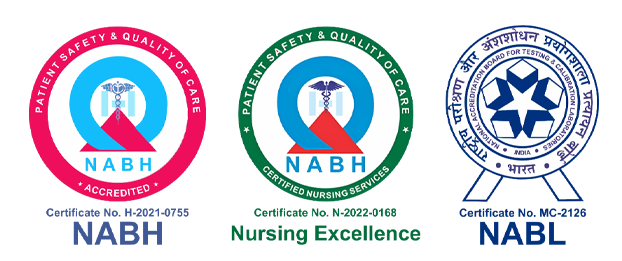


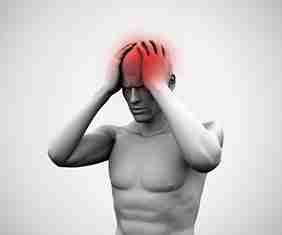


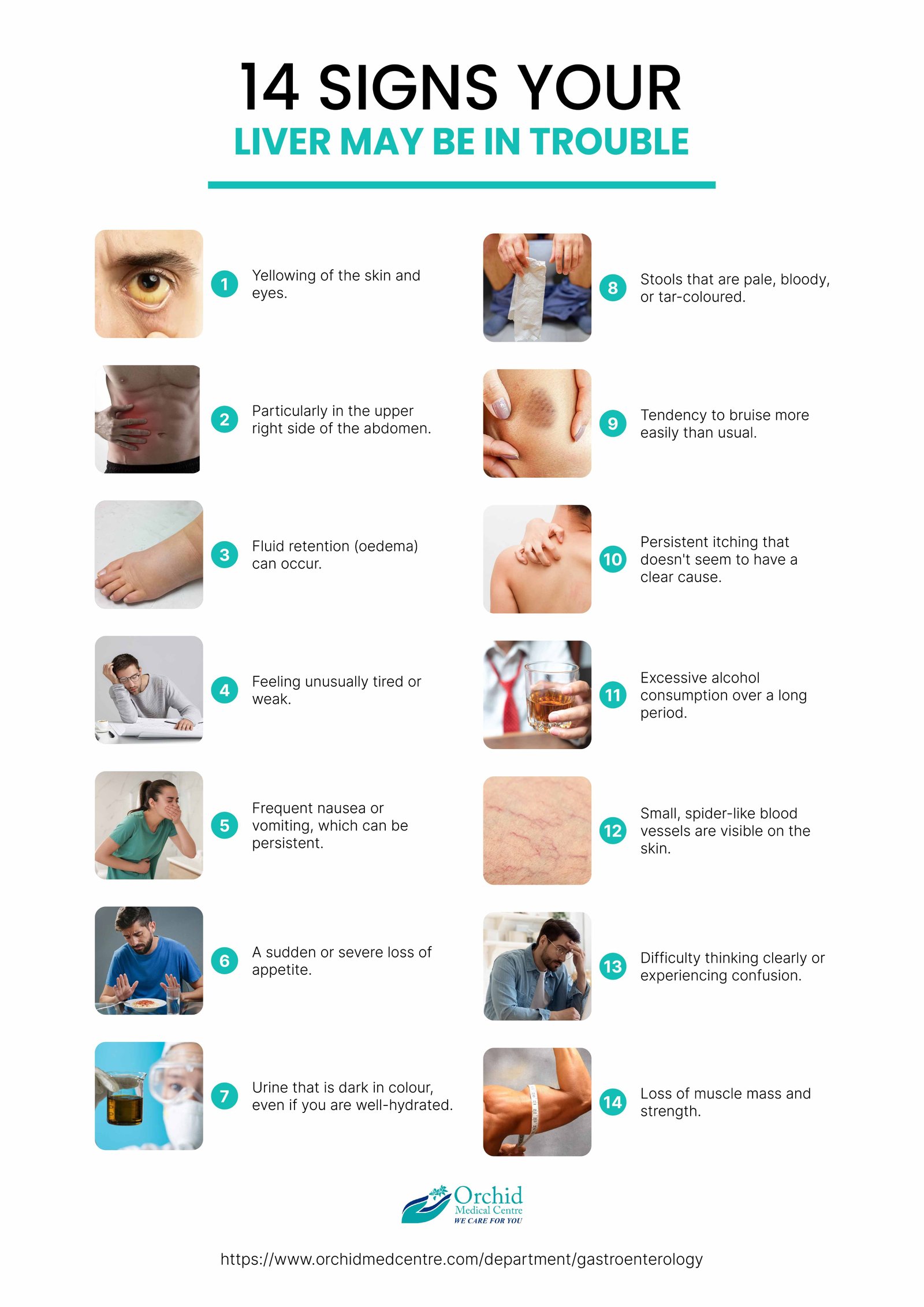
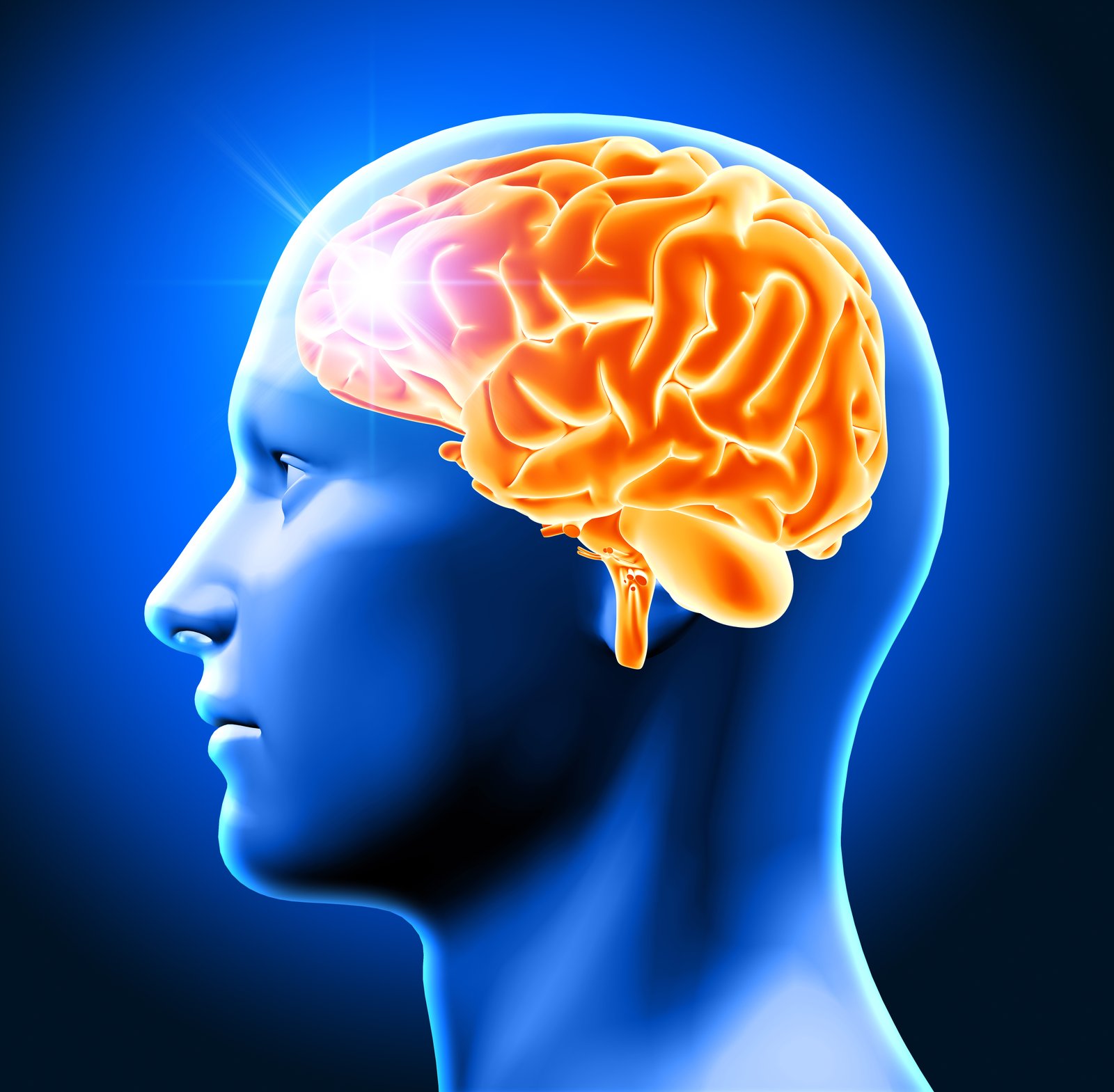


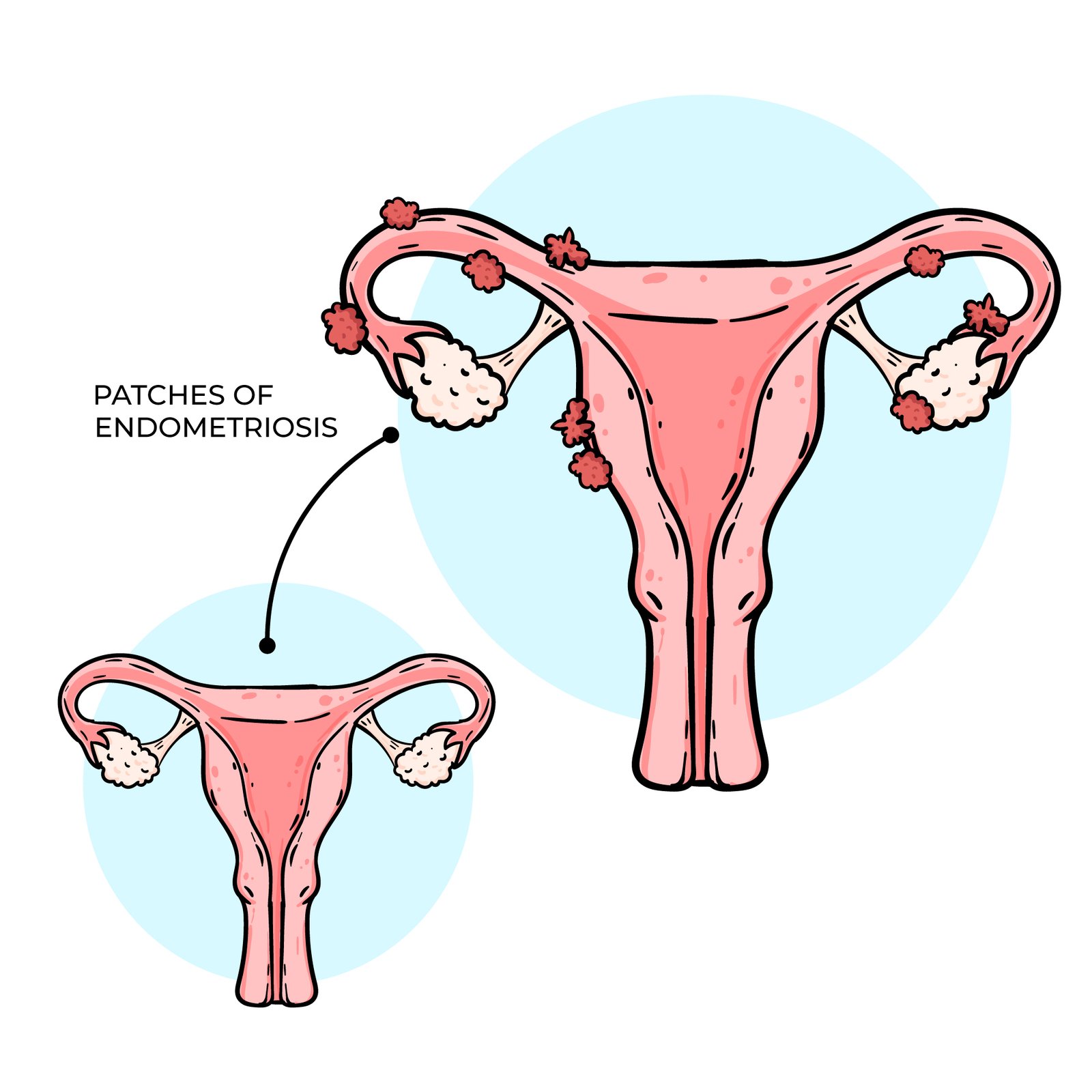
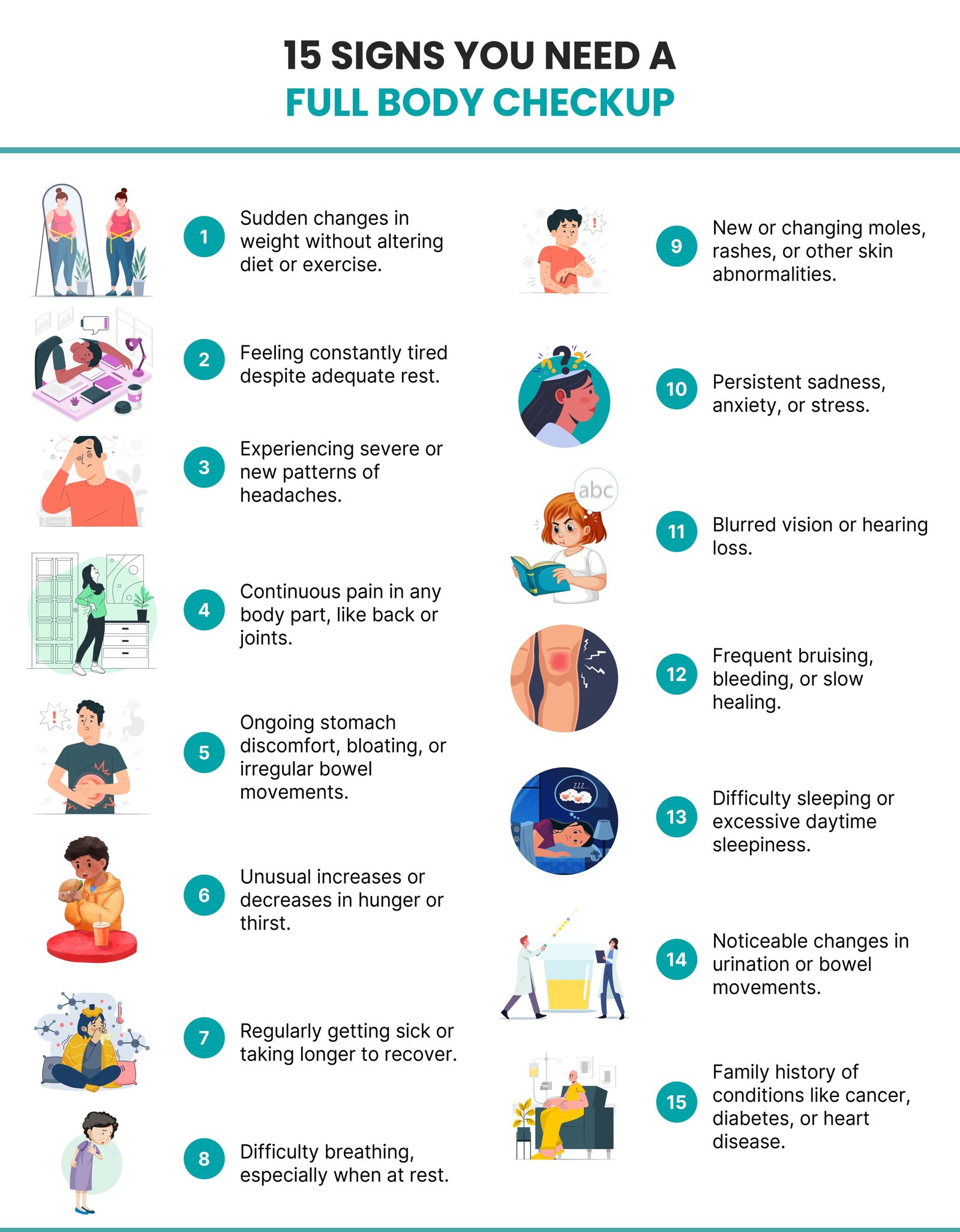






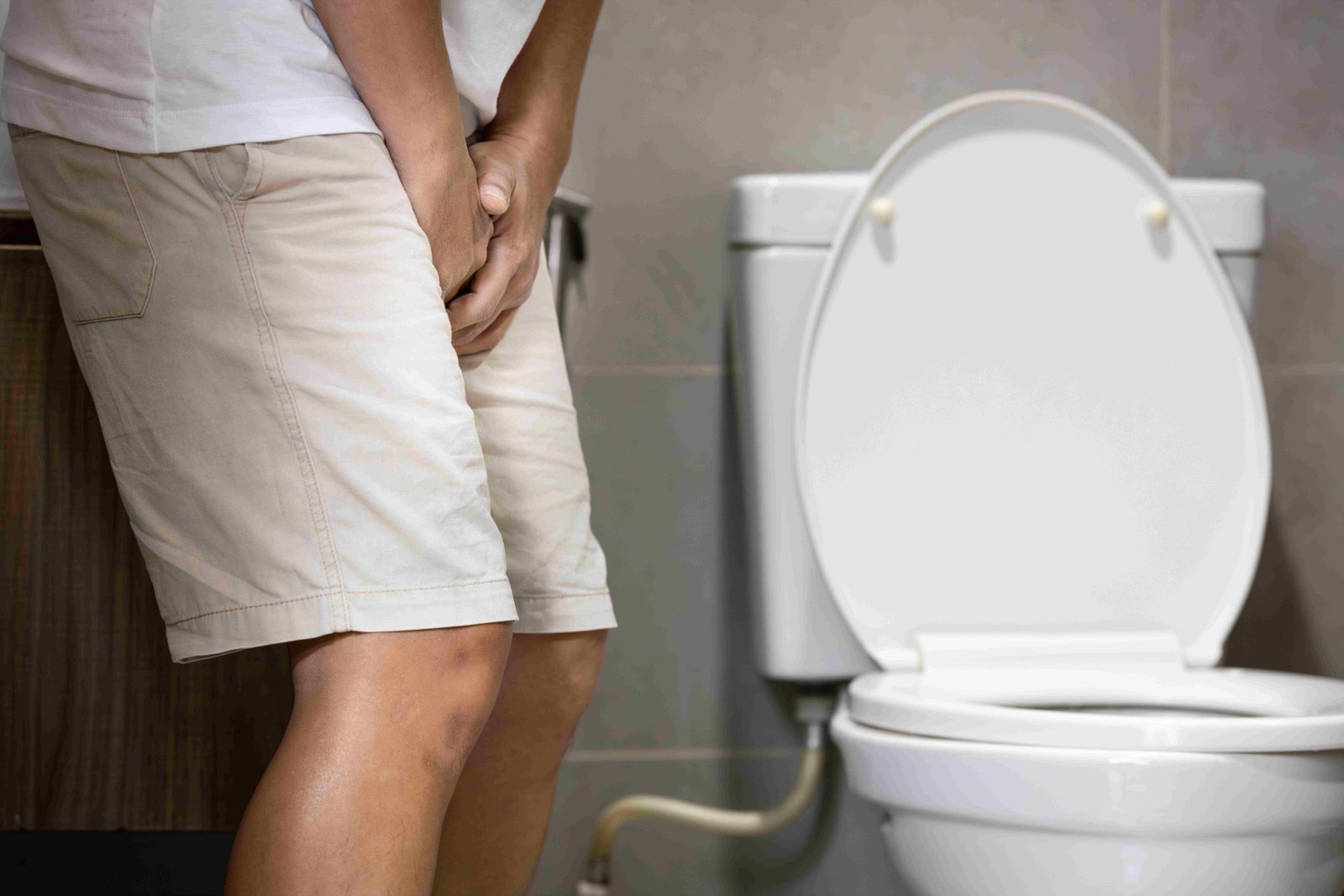



.jpeg)

.jpg)

.webp)

_11zon.webp)
 (1).webp)

